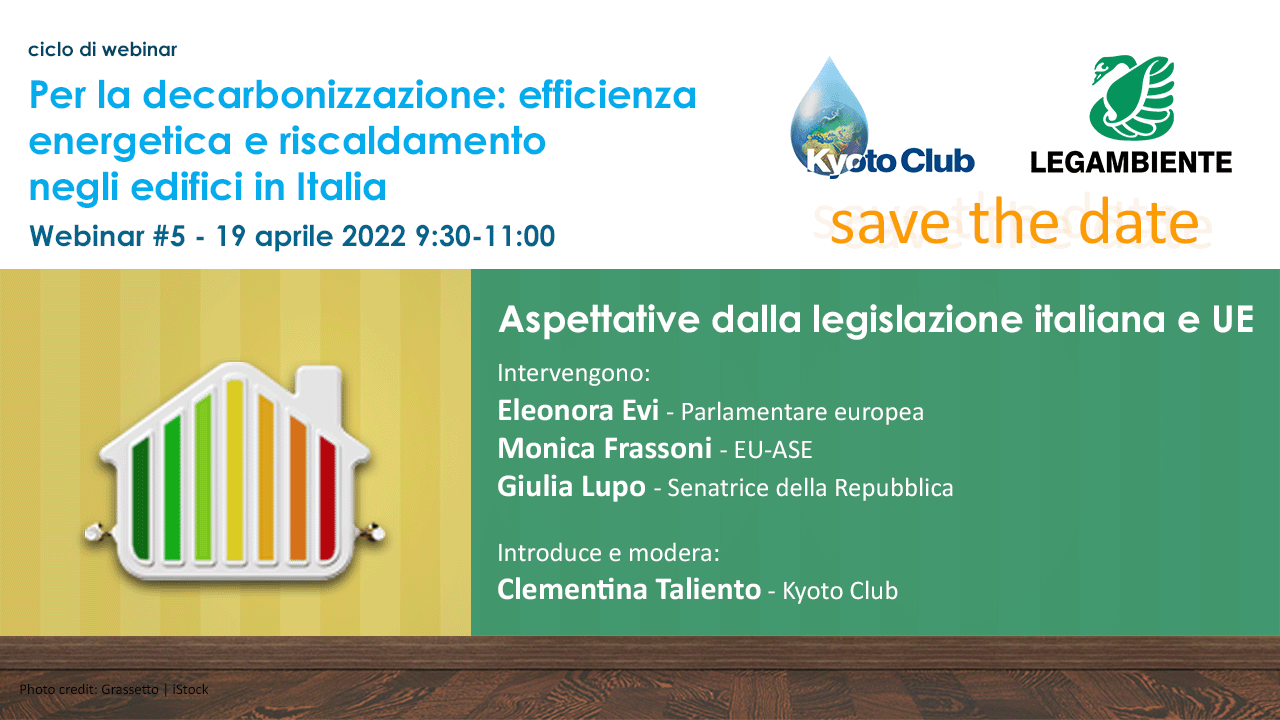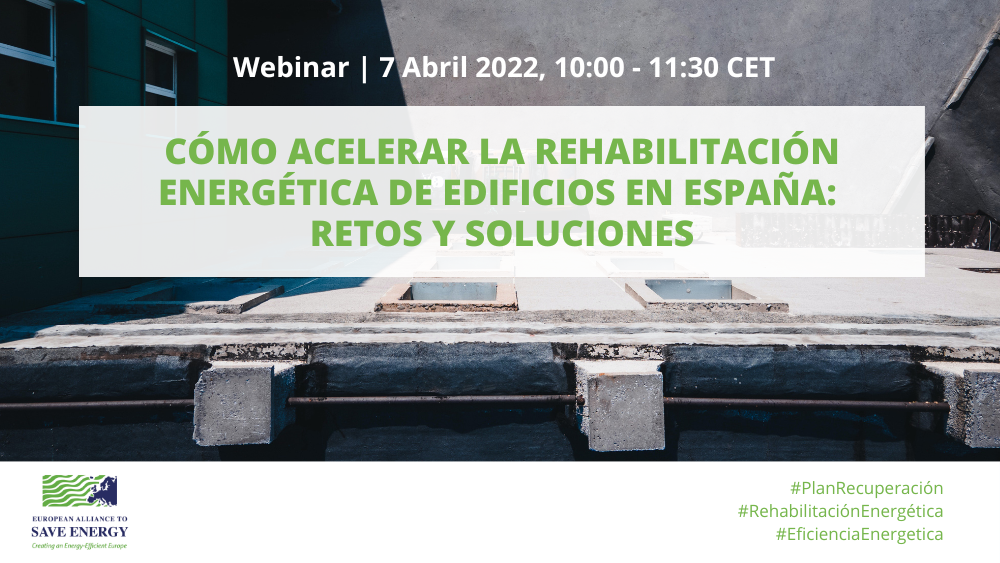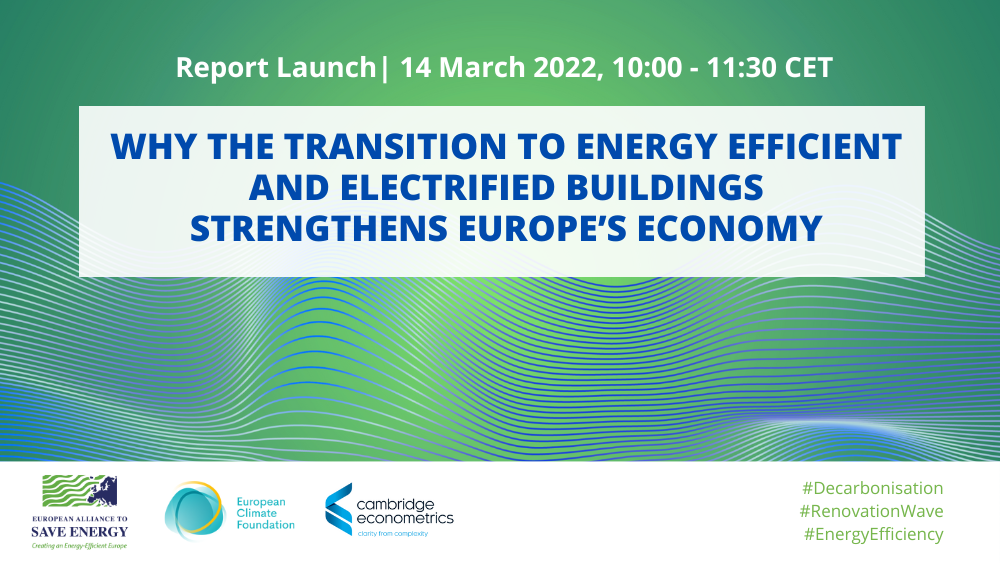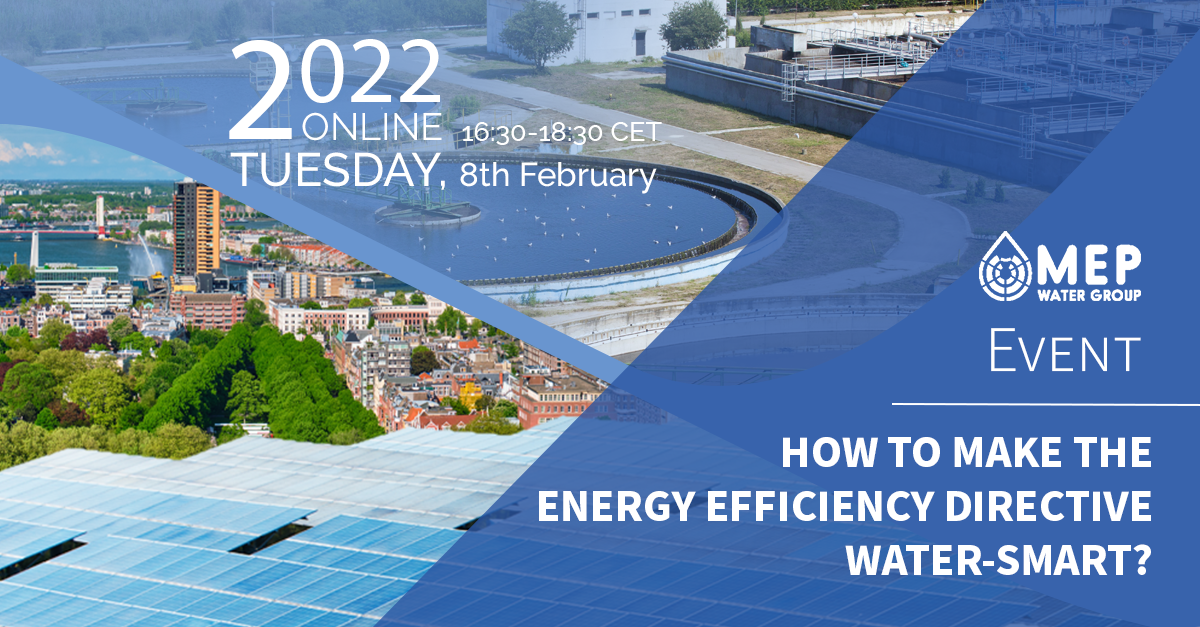To get rid of Russian fossil fuels, the EU needs to put energy savings first
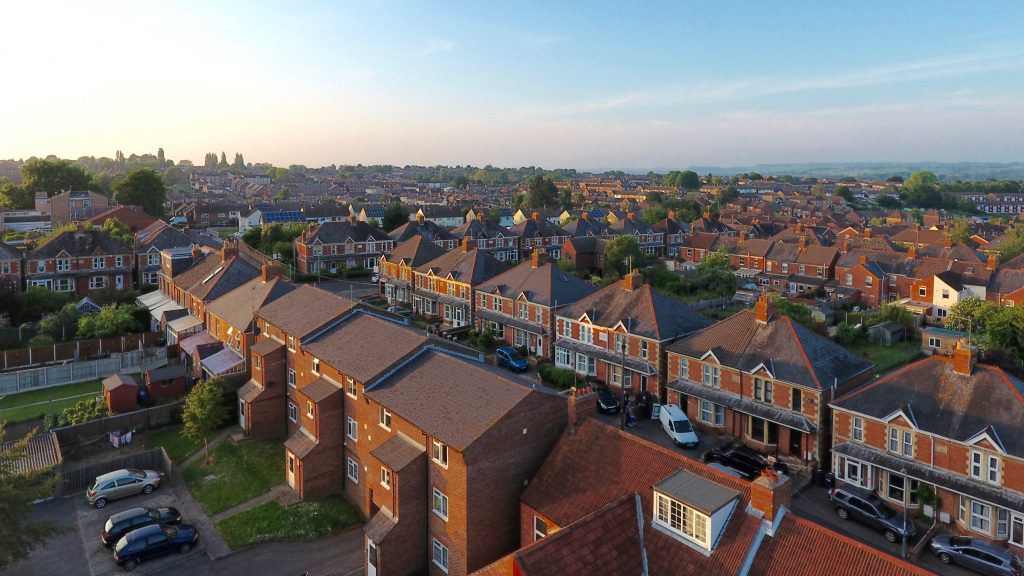
The REPowerEU plan must come with credible, actionable measures that governments, citizens and industry can implement by following the Green Deal agenda and notably energy savings measures. To support this, the EU can count on clean, made-in-Europe technologies that are at the heart of the energy transition, write Monica Frassoni and Harry Verhaar in Euractiv.
The aggression against Ukraine by Putin is not only a tragic reminder that peace is never an evidence but also another powerful reminder of the urgency of getting rid of our dependence on fossil fuels and accelerating the full implementation of an ambitious Green Deal. Over the past decades, the EU hesitated to address its reliance on fossil fuels import, a well-known threat to the block’s energy security.
In 2021 the EU imported more than 40% of its fossil gas consumption from Russia, about 155 billion cubic meters. A considerable amount of this gas is needed to heat Europe’s old and inefficient buildings. Fossil gas accounts for more than 32% of the EU’s final energy consumption in households. If we also consider the indirect use of gas for electricity production, we have the extent of Europe’s gas reliance problem and the risks of its dependency on energy imports.
We welcomed the immediate reaction of the Commission in March with the REPowerEU communication, despite its excessive focus on diversification of gas supply. We are confident that the action plan published on 18 May will be much more coherent with the need to reduce our dependence on Russian gas and fossil fuels altogether through an acceleration of energy efficiency measures and renewables deployment.
The REPowerEU plan must come with credible, actionable measures that governments, citizens and industry can implement by following the Green Deal agenda and notably energy savings measures. To support this, the EU can count on clean, made-in-Europe technologies that are at the heart of the energy transition. A broad range of short and mid-term measures to address the energy and climate crisis is available. We believe that by deploying energy efficiency measures in buildings, industry, transport and the water sector, Europe can deliver massive energy savings and substantially reduce Europe’s fossil fuel imports.

